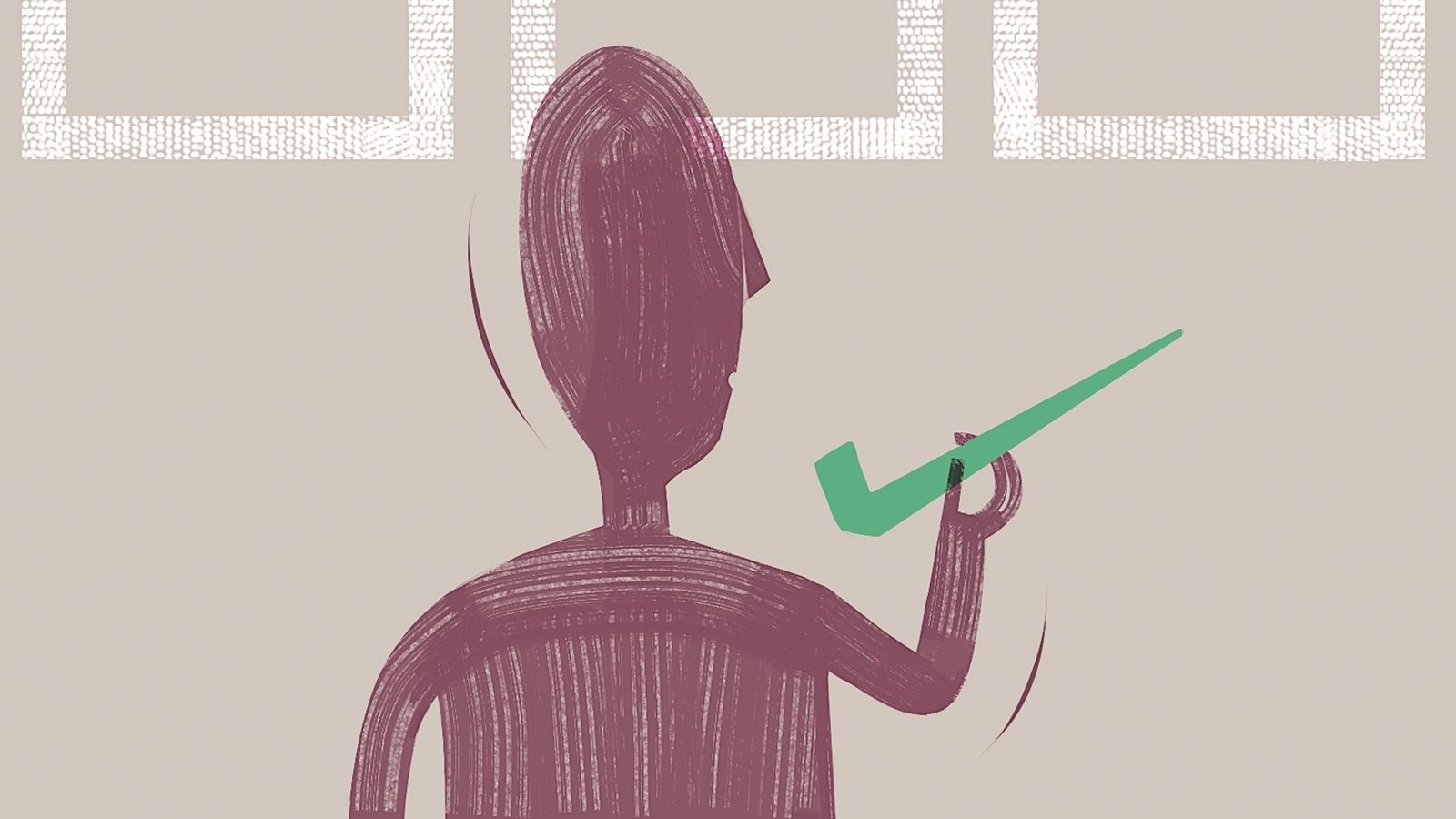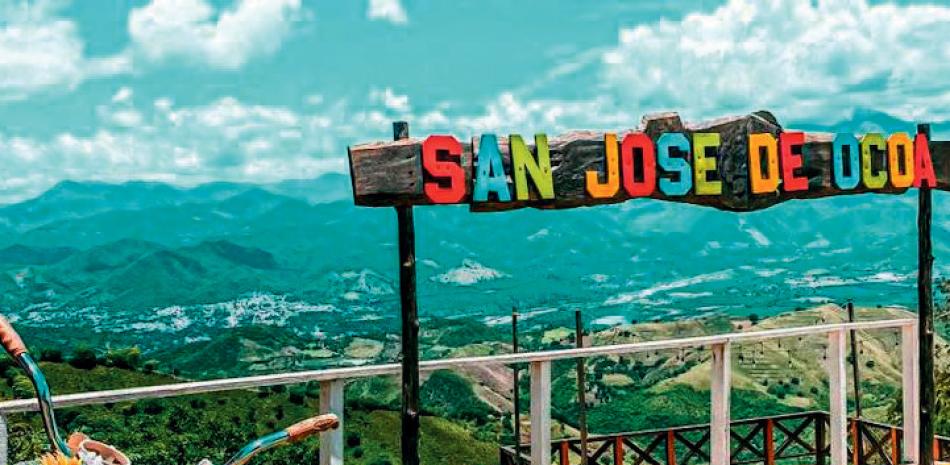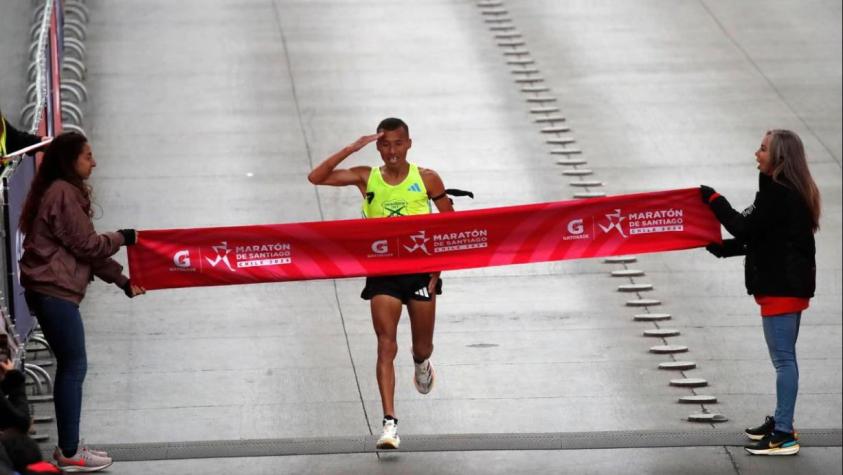The lead headline of a prominent newspaper on April 5 reads, ‘Government to record parents’ religion to register births’. The Registration of Births and Deaths (Amendment) Act, 2023, was passed by Parliament on August 11 last year.
This Act mandates the maintenance of a birth and death database at the national level, which may be used to update various databases, including the National Population Register (NPR), electoral rolls, Aadhaar number, ration card, passport, driving licence, property registration, and others as may be notified.
The Amendment also mandates the registration of the religion of the parents, if they belong to different religions, against the column of the child’s religion. This, deceptively, gives the law a liberal look. To us, labelling a child’s religion at birth is a retrogressive and dangerous practice.
Let us clarify the title: By adult, we don’t mean the legal age for voting or marrying. An adult here means an individual who has grown up enough to develop an individualistic moral framework. Religion refers to organised religions.
In legal terms, “adult” encompasses traits that are physical in nature. However, religion is quasi-metaphysical. To club it with the acquired DNA of the child imposes restrictions on their freedom and threatens to retard their growth. It is, in that sense, a violation of human rights. It is also a dangerous law because it damages the democratic fibre and promotes communalism, patriarchy and majoritarianism.
The fact that some states have passed a law against “love jihad”, a romantic association or marriage of a Muslim male with a Hindu girl, points out that the provision may not be an innocent one. At the very least, it is patriarchal.
First, the question of human rights. A child supposedly has to grow to adulthood to make an informed choice about voting or marrying. There is no law, though, which compels anyone to vote or marry. The adult child has the freedom to refrain from making a choice.
However, organised religion imposes, sometimes surreptitiously, but often directly, dos and don’ts, as also rights and wrongs. The hapless child has no choice but to accept the mythological “truths” and the traditional “wisdom” of the parents and other elders, and social pressures — the so-called “sanskaar” or expected norms, rituals and rites. Such subtle but intense brainwashing interferes with the child’s
innate scientific temper, spiritual and individualistic growth.
Research shows that 80 per cent of a child’s brain development occurs within the first 1,000 days of life. The ambient orthodox, even liberal, surroundings during this period account for the child’s life-long and indelible attitudes — and they could be grossly retrogressive, repressive, even inhuman.
The impact of the environment shapes a child’s development based on their own moral framework for what is right and wrong. Physical and mental impairments caused by DNA can potentially be recognised and corrected by technological or medical sciences, but the impairments caused by prejudices and predetermined “truths” to one’s belief system, humaneness, sensitivity, and behaviour tend to be permanent. The beliefs and persuasions that a child is born into become their reality, their truth.
In his journey, after the age of 30, it dawned upon Gautama Buddha that: “The life I have yet to live, / If it must be a mirror of my Self, / Then break free I must from my own boundaries / from the shelter of my illusory certainties.”
Had Gautama not attained spiritual maturity, he would have remained unaware of being ensnared in a web of beliefs and intuitions not truly his own, failing to recognise their misalignment with his authentic self. Consequently, the world would have been denied access to a humane life philosophy that has provided solace and direction to countless individuals worldwide. While not everyone can emulate Gautam Buddha, societal norms and the law should not present insurmountable barriers to a child’s potential to forge their own unique path.
An established religion can exhibit extreme cruelty towards individuals of a scientific bent of mind, free thinkers and intellectuals. The Roman Catholic Church, for example, had branded the Italian physicist and astronomer Galileo as a heretic and subjected him to punishment. In 1633, the Church accused Galileo of endorsing the belief — deemed false and contrary to religious scriptures — that the Sun is the centre of the world and stationary and that the Earth orbits around it. Ironically, Galileo’s groundbreaking discoveries not only laid the groundwork for the theories of Newton and Einstein but also paved the way for the development of modern physics as we know it today.
The phrase “The Child is father of the Man”, originating from William Wordsworth’s poem ‘My Heart Leaps Up’, transcends mere poetic expression. It encapsulates the profound truth that children play a foundational role in shaping successive generations. The environment in which a child grows up holds the power to mould their mindset and, by extension, influence the world around them. However, this influence can carry a dual nature, posing a significant risk of the child either perpetuating or falling victim to divisive ideologies such as communalism, casteism, and violent expressions of hatred, all under the guise of self-righteousness.
Such tendencies can foster majoritarianism and desensitise individuals to social and economic inequalities. Even well-intentioned parents, entrenched in inherited beliefs spanning centuries, may inadvertently stifle the true essence of their child. Furthermore, lawmakers have the potential to perpetuate and institutionalise such forms of cruelty.
Lal is an author, theatre and cine personality and Shah is a Hindi/Urdu playwright, poet and author. The lines quoted above are from a poem by Lal




![fotos-desde-disfraces-hasta-consignas-el-lado-b-del-maraton-de-santiago-2024 - Hecho en California con Marcos Gutierrez [fotos]-desde-disfraces-hasta-consignas:-el-“lado-b”-del-maraton-de-santiago-2024](https://www.hechoencalifornia1010.com/wp-content/uploads/2024/04/1408042-fotos-desde-disfraces-hasta-consignas-el-lado-b-del-maraton-de-santiago-2024.png)
